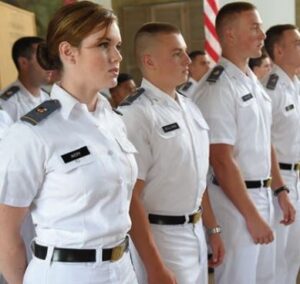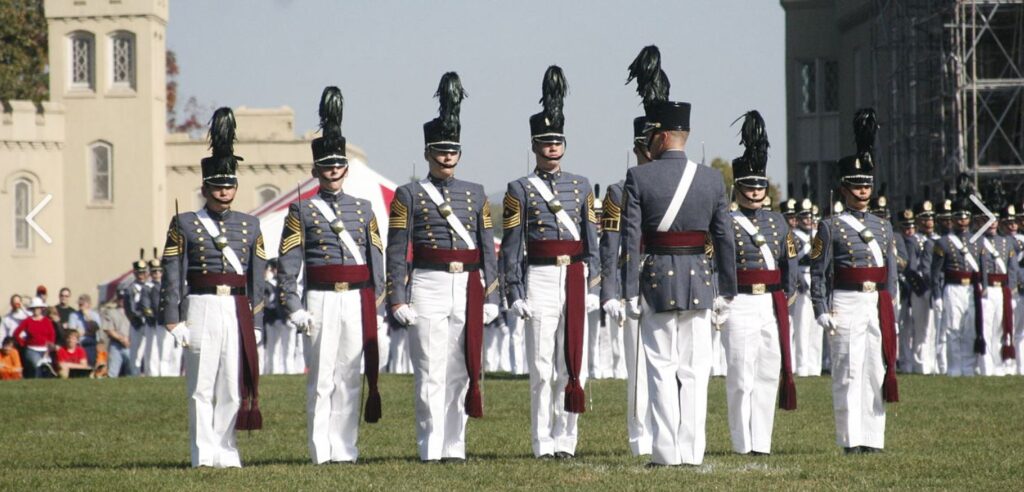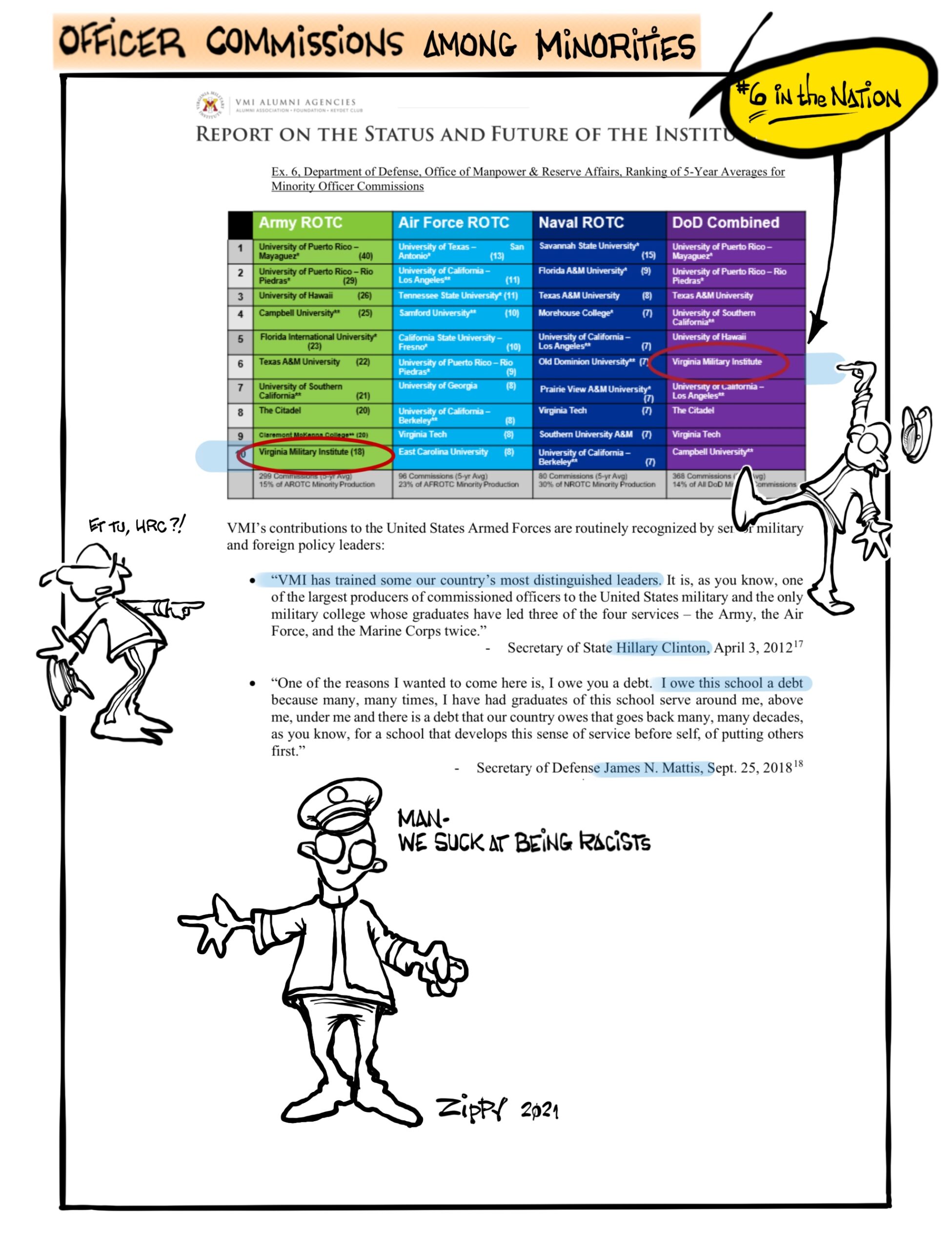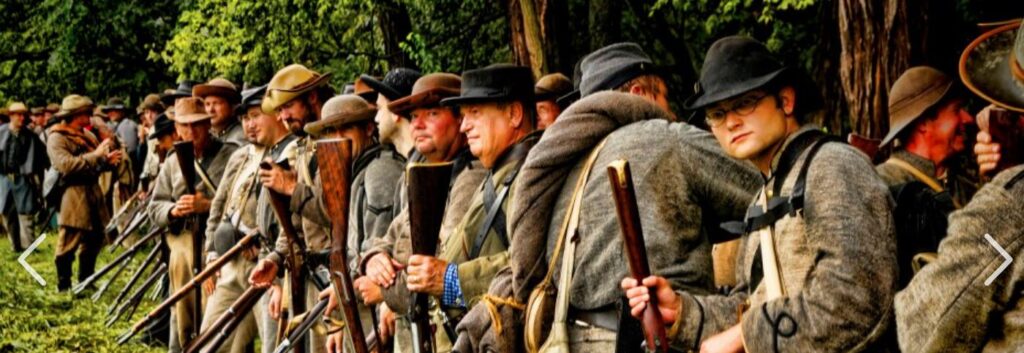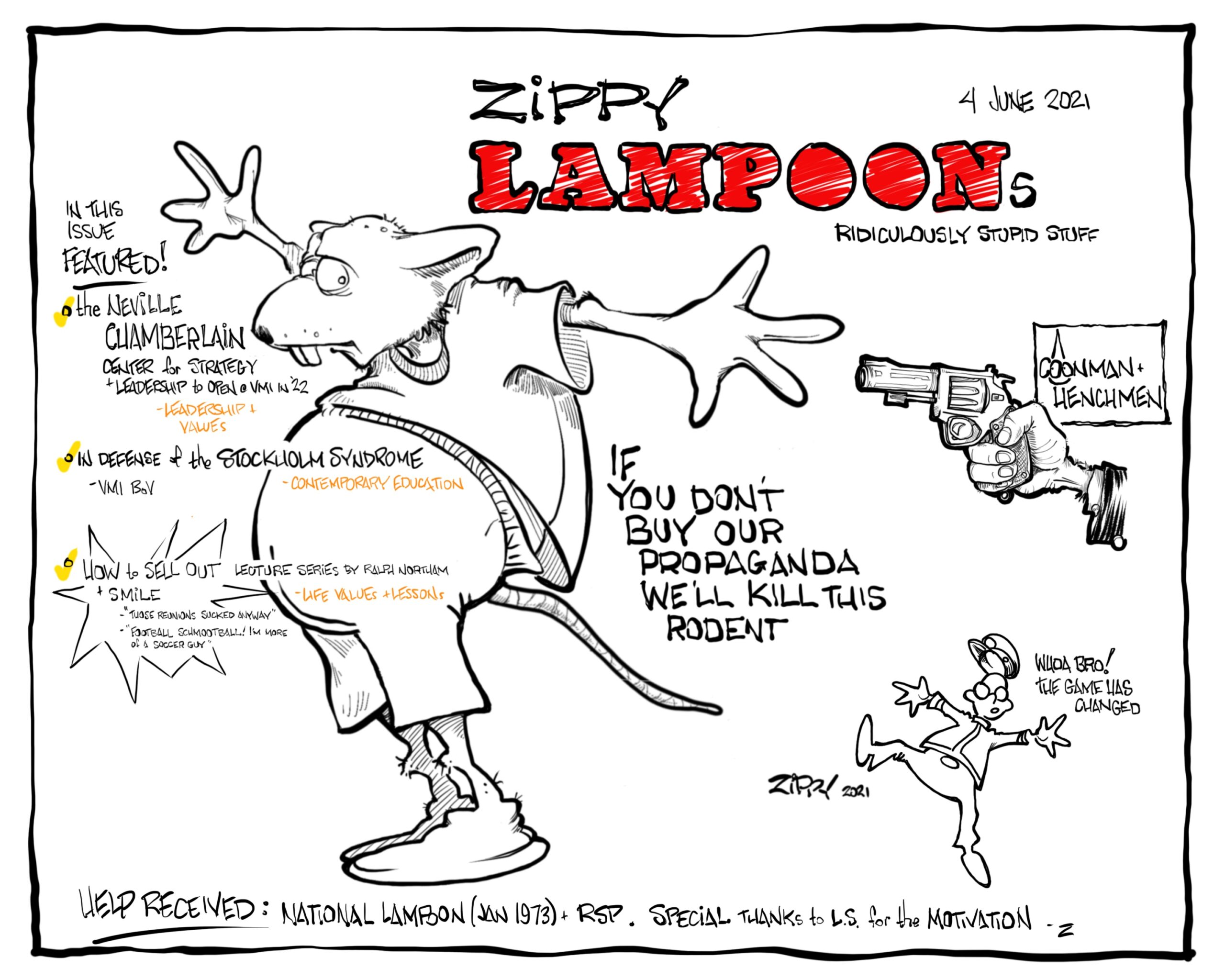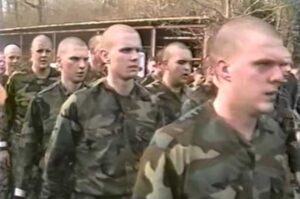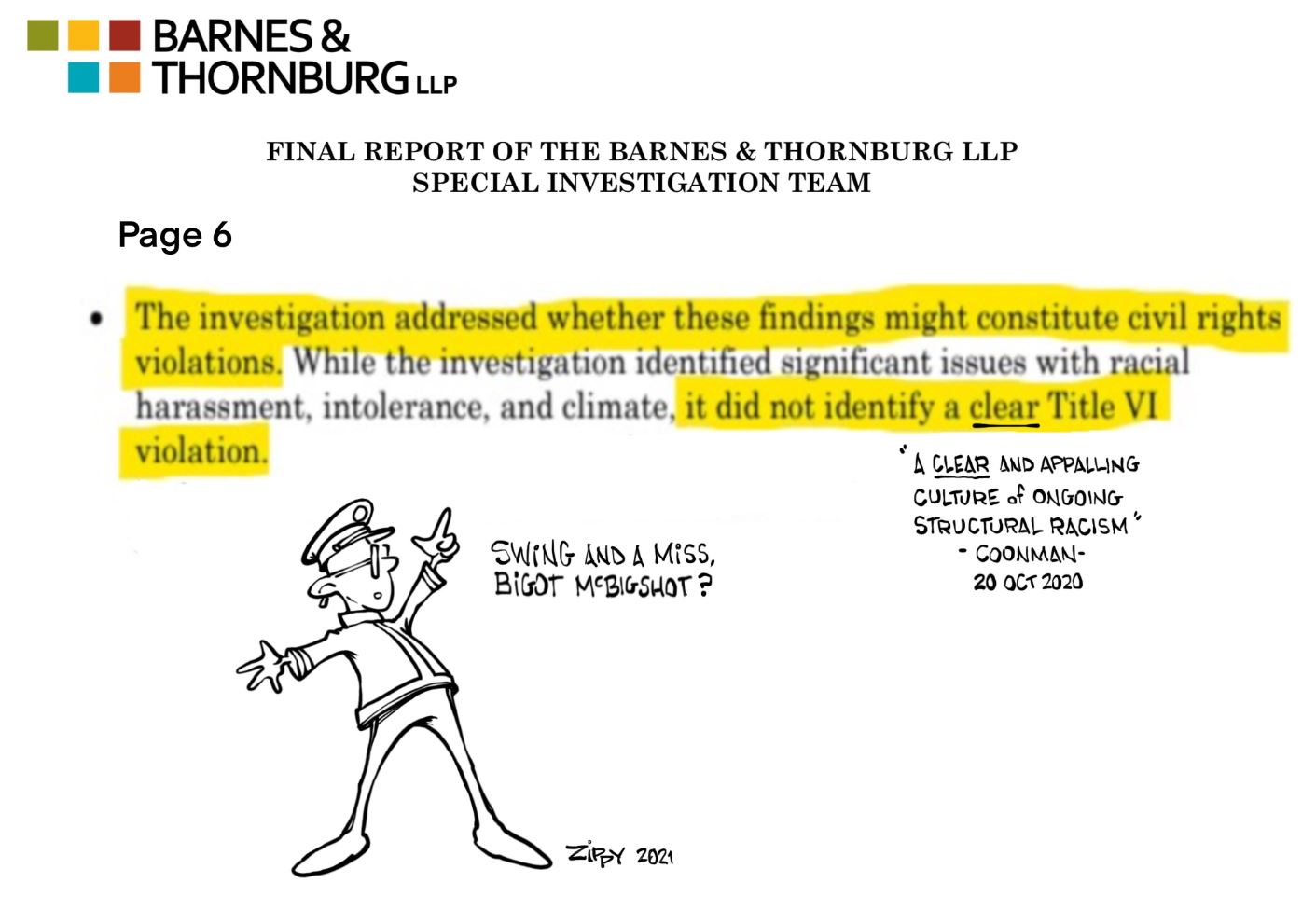Perhaps you’ve noticed the discussion over the past year about the banishment… er, sorry, removal… of Stonewall Jackson’s statue from the Virginia Military Institute’s Main Post. Well, here’s another contribution. I will make the case that the powers-that-be behind the excision of Jackson’s memory from VMI weren’t trying to help the institute. They wanted to humiliate it.
The Barnes and Thornburgh analysts who studied the racial climate at VMI noted that many people attend VMI because they want a military experience. Men and women who enroll at the academy are a lot like cadets or midshipmen at West Point, Annapolis, the Air Force Academy, the Citadel and Norwich.
Military schools, and military men and women, honor leaders who showed courage, determination and excellence in battle. Military schools are normally proud of the great generals and admirals they produced. Continue reading


